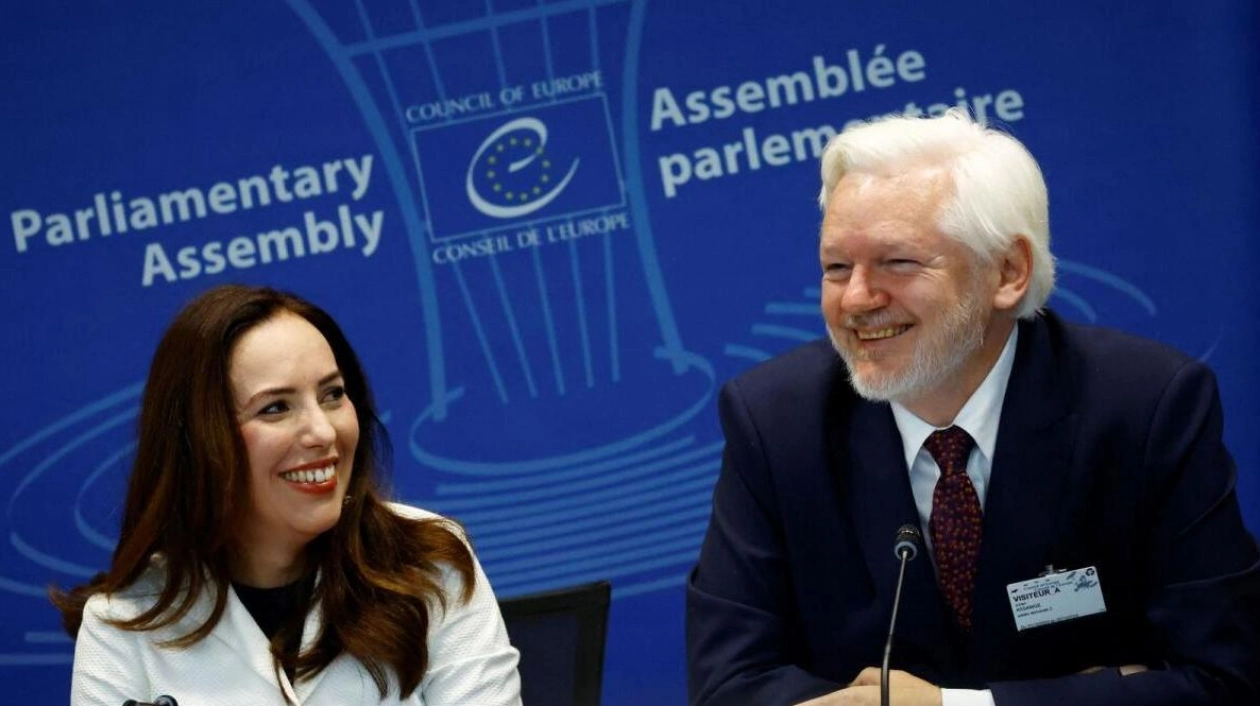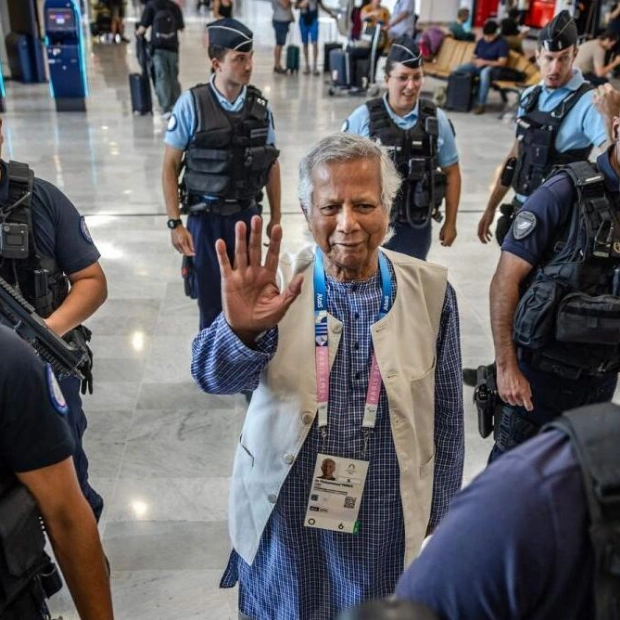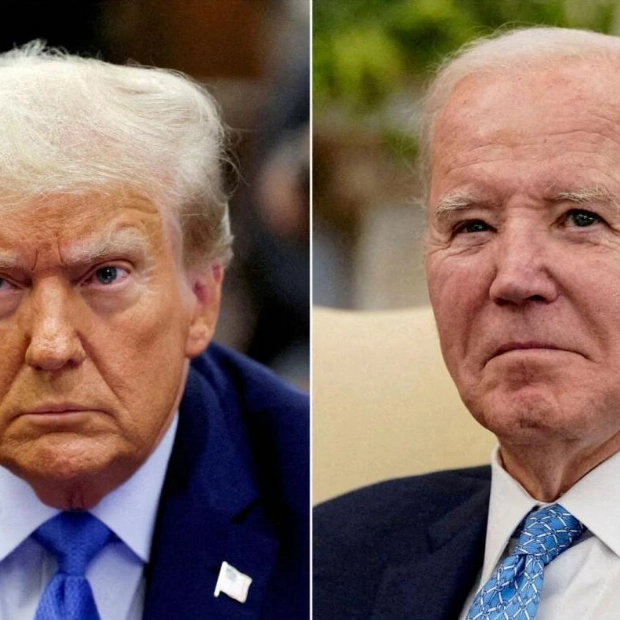Julian Assange, the founder of whistleblower media group WikiLeaks, informed European lawmakers on Tuesday that his guilty plea to US espionage charges was a necessary step as legal and political efforts to safeguard his freedom had proven insufficient. "I ultimately opted for freedom over an unattainable justice," Assange stated, marking his first public remarks since his release from prison. Assange, 53, returned to his home country Australia in June following a deal that led to his guilty plea for violating US espionage law, thus concluding a 14-year legal battle in the UK.
"I am free today after years of incarceration because I pleaded guilty to journalism, to seeking information from sources, to obtaining information from a source, and to informing the public," he added. Assange addressed the Committee on Legal Affairs and Human Rights at the Council of Europe, an international organization renowned for its human rights convention. A report by the Parliamentary Assembly of the Council of Europe concluded that Assange was a political prisoner and urged Britain to investigate whether he had been subjected to inhumane treatment.
Dressed in a black suit with a burgundy tie and sporting a slight white beard, Assange sat between his wife Stella and WikiLeaks' editor Kristinn Hrafnsson, reading his initial comments from sheets of paper. "I am not yet fully prepared to discuss what I have endured," he said, noting, "Isolation has taken its toll, which I am attempting to recover from." His wife, whom he married while in a London jail, recently mentioned that he would need time to regain his health and sanity after his prolonged incarceration, as well as to spend time with their two children, whom he had never seen outside of a prison.
The most contentious leaks by WikiLeaks included classified US military documents and videos from the Iraq and Afghanistan wars in the early to mid-2000s, which highlighted issues such as prisoner abuse, human rights violations, and civilian casualties. US authorities argued that these leaks were reckless, compromised national security, and put the lives of agents at risk.






